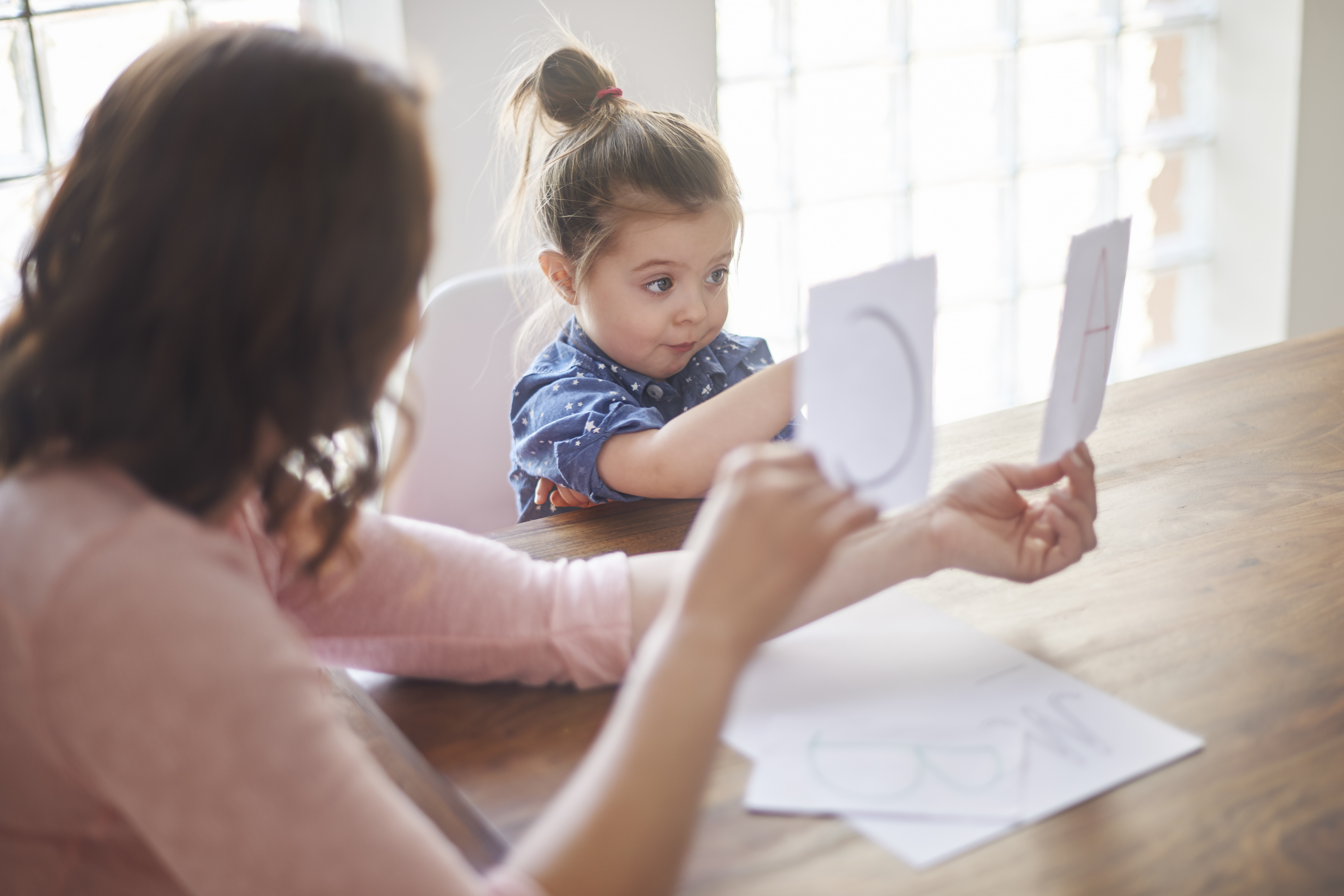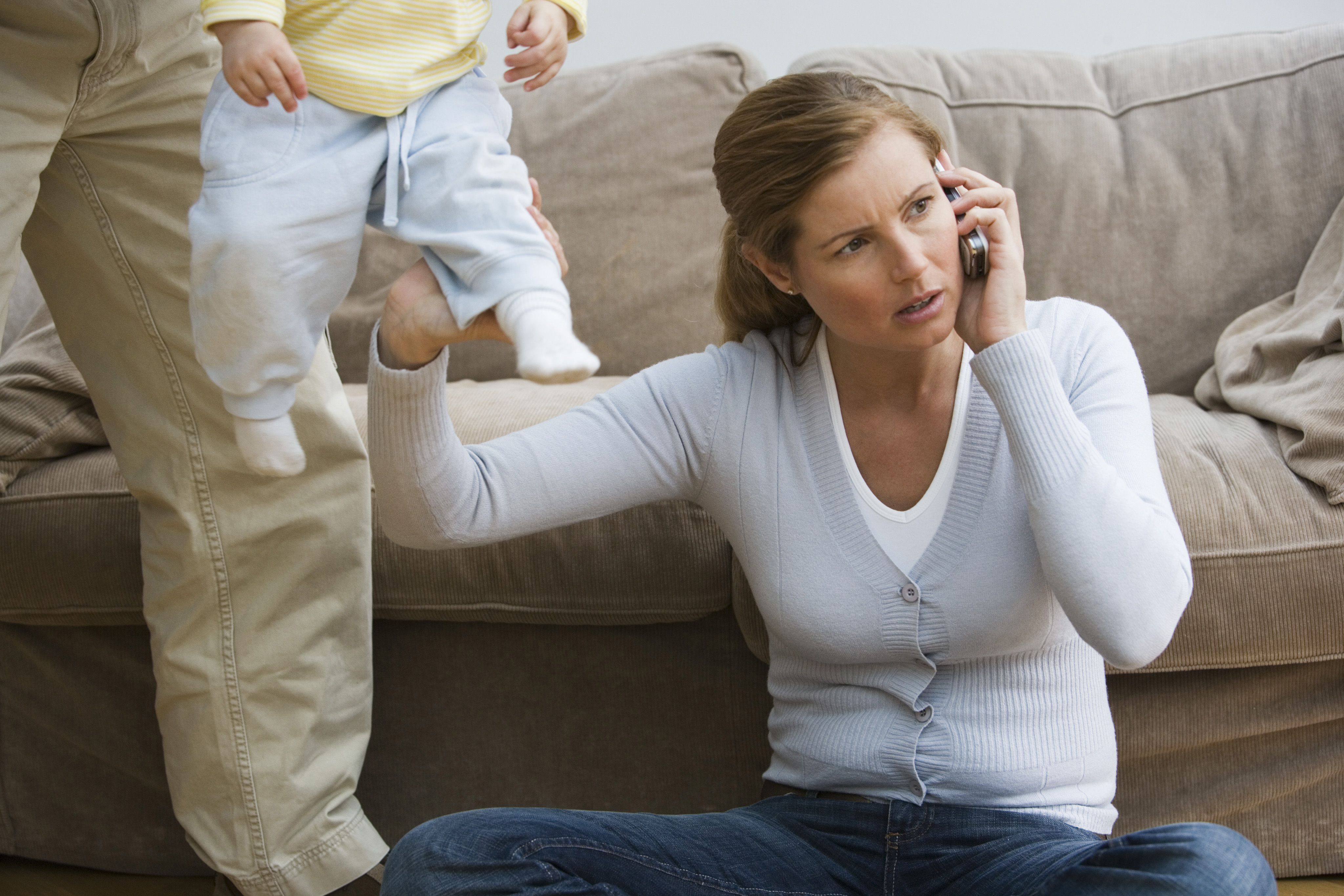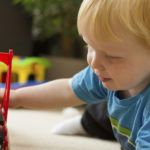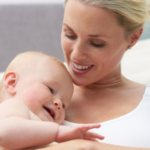When you are still holding your tiny breastfeeding baby in your arms, the start of school might seem like the furthest thing from your mind. However, the truth is, many parents start their children on the path toward formal academic instruction at one year old or even earlier. Some parents even lie about their kids’ age to get them into kindergarten early. There are a lot of misconceptions and status competitions related to early childhood education.
Some parents for example, believe that if children learn to read early, then they will become a better reader – and will go on to have greater academic success in life. Other parents argue that certain parts of the child’s brain need to mature and develop before they are fully activated with formal academic learning exercises. They think that before we start our children down the path toward formal schooling, we should focus the early childhood years on activating other aspects of the child’s mind. This includes emotional bonds, imagination and creative play. They believe that crucial emotional skills have to develop first.
Is early schooling and too much academic training at a young age actually damaging children’s wellbeing? Do certain parts of the brain need to mature before they are put to work on formal education?
There is no easy answer to these questions, but this article will explore some of the key concepts related to early childhood education.
What Do We Want Our Children to Learn?
Today’s generation of parents are often highly preoccupied with their children’s intelligence, learning ability, and readiness for school – but the truth is, babies are born learning – it is a constant process. Every day of a child’s life is full of stimulating new experiences that teach the child and shape the child’s views and understanding of the world.
Parents are proud of their children – they are their biggest cheerleaders. They often measure a child’s “success” in terms of developmental milestones – saying first words, reading, writing name, playing a musical instrument, showing talent for sports or musical skill, etc.
However, is that sort of “knowledge” really the most correct measure of a child’s intelligence? Is too much early focus on academic readiness actually damaging children’s wellbeing? Would they be better off being given more unstructured time and more freedom to explore and direct their own learning from everyday experience? What does it really take to get kids ready for school and ready for life?
Is Early Education Better?
Some people believe that earlier education is better. Science says that about 90 percent of a child’s critical brain development happens before age five. There may be a connection between early education and getting a job later in life (social productivity) – but is the child emotionally well balanced and happy?
There appear to be significant benefits to working more closely with children during the first years of life. Child development experts widely believe that the first five years of life are the most crucial for a child’s brain development – this is the time of life when children develop the foundation of cognitive, social, language and emotional skills to carry them forth into the world.
Many parents find that their children are relentlessly curious sponges for knowledge! It’s fun to use online resources and tools to learn together, even at a young age. YouTube has many instructional videos on all sorts of topics – you might find that your children (even at a very young age) love to watch videos about trains, trucks, cooking, gardening, animals, fish, or other areas of interest. Giving children early access to information can be helpful in their development, especially if it follows their own innate curiosity and interests. Once your children are a bit older, TEDed.com and Khan Academy are great online resources for young children to learn.
It is important to expose kids to knowledge and enable a child to ask questions, but not to push so hard that they feel pressured. Try to strike a good balance of activities to include play, exercise and fun!
Is Starting Education Later Advisable?
It is tempting with all the great resources available for learning, to start introducing your kids to as much new educational material as you can, as soon as possible. However, is this the right approach? Too Much Too Soon is a UK public advocacy campaign that believes “Formal learning starts too early, that the value of creative and expressive play is being undermined, and that children are subject to developmentally inappropriate pressures that are damaging to their long-term health and wellbeing.”
The approach to education promoted by this organisation and others like it is that kids pay more attention to academic tasks when they have frequent opportunities for free play. Children’s play is much more important from a cognitive development standpoint than previous generations might have believed – a variety of research shows that the simple act of playing is really children’s most important “job” – kids learn about the world, improve their memory, and develop their brains just by playing everyday. Play and exploration trigger the secretion of BDNF, a substance essential for the growth of brain cells. Rather than being a simple imitation of adult life or a frivolous waste of time, children’s play is complex, interactive, and fundamental to their growth and development as fully formed human beings. Rather than trying to get children to emphasize academic-oriented skills and tasks, perhaps we should just let them play and direct their own learning.
Wisdom of Waiting
Many parents are adopting a more laissez-faire attitude toward their kids’ education, and this can be seen in a variety of ways, with the popularity of Waldorf and Montessori schools (where children help direct their own learning) and attitudes of parents who want to encourage “more play, less pressure.” Many parents want their kids to just be kids, while developing emotional and social skills through self-exploration and collaborative play. For these parents, starting formal academic skills training sooner is not always better. It might be best to wait until children are developmentally ready.
Watch for Signs of Distress
Even if you do decide to get your kids started on formal academic training at a young age, watch for signs that you might be pushing your kids too hard. Talk with your kids and listen to what they are saying. Look for subtle signals. Children want to please their parents and get praise and recognition, so they might not always be honest with you if things are not going well. Look for tears at night, stomach-aches, or complaints about not wanting to study or go to school.
Try not to make school or academic skills into a competitive contest. It is best not to compare your child’s accomplishments to other children. Teach them to feel good about themselves and not dependent on external achievements.
Most of all, regardless of which path you choose, try not to project your own ideas of success onto your child’s life. They might not want the same things in life that you did, and that is OK! Talk to your child and let them express their feelings. That can be the most important life lesson of all.
What are your thoughts on this? Do you try to let your children have lots of unstructured playtime, or do you want them to learn academic skills at a young age? Or both? What’s your perspective on the best way to support your kids in their future educational goals? Join the discussion at the Medela Singapore Facebook page!






















